Self-Destructive Impulse in Edgar Allan Poe's 'Imp of the Perverse'
VerifiedAdded on 2022/08/24
|5
|833
|16
Essay
AI Summary
This essay delves into Edgar Allan Poe's 'Imp of the Perverse,' examining the central theme of self-destructive impulse and perverseness. The analysis explores how Poe's narrator, through philosophical discourse and confession, embodies this impulse, deviating from societal norms and engaging in actions deemed illogical. The essay references Poe's other works, such as "The Cask of Amontillado" and "The Tell-Tale Heart," to highlight the recurring motif of perverse behavior in his gothic literature. It further discusses the narrator's understanding of the human mind, predating Freud's theories, and the inclination to act against rational judgment. The essay transitions from an essay to a short story, involving the reader in the psychological underpinnings of the narrator's actions, ultimately leading to his confession and imprisonment. The conclusion emphasizes the narrator's insights into the human mind's tendency to prioritize perverseness over pragmatic comprehension.
1 out of 5
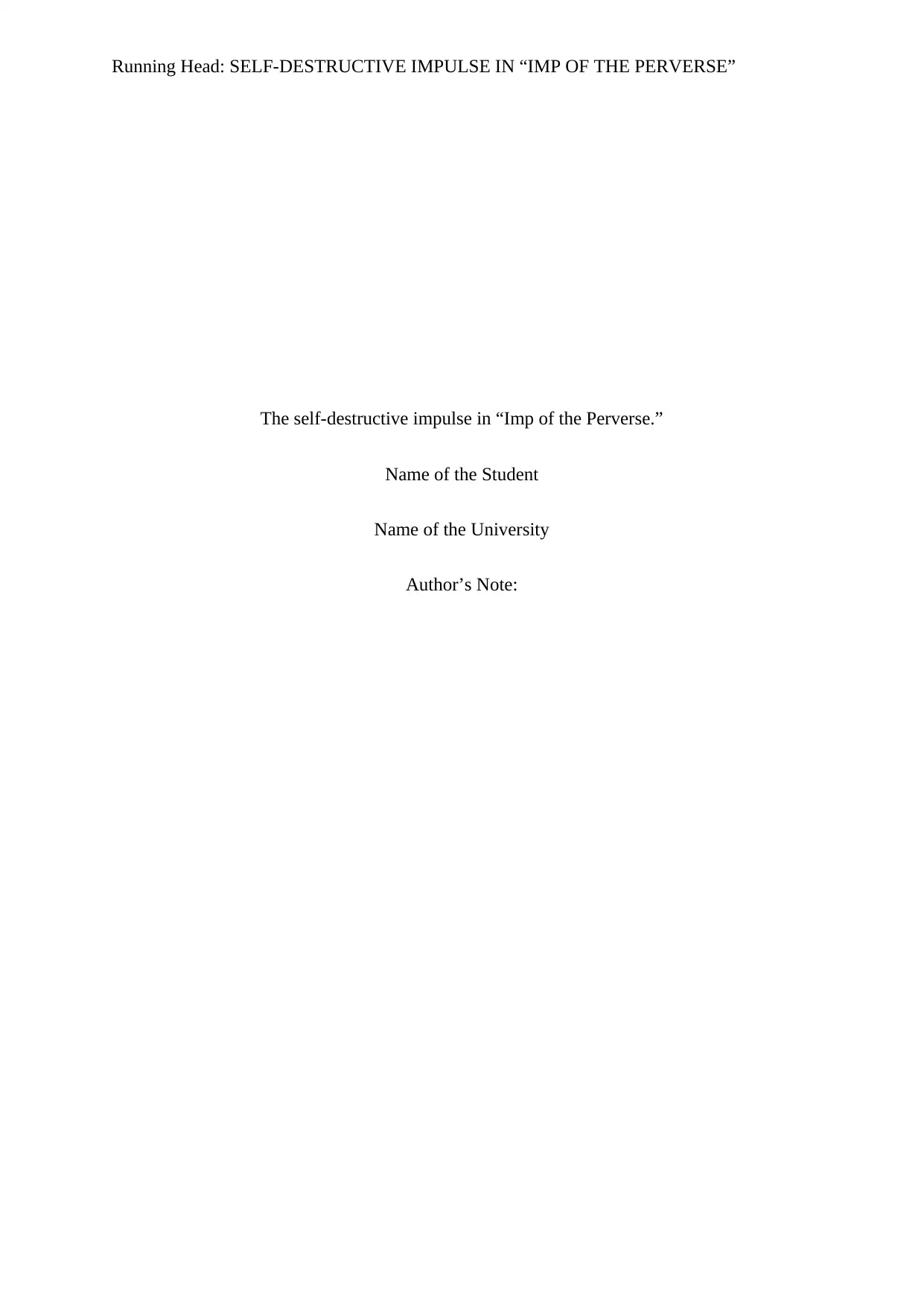
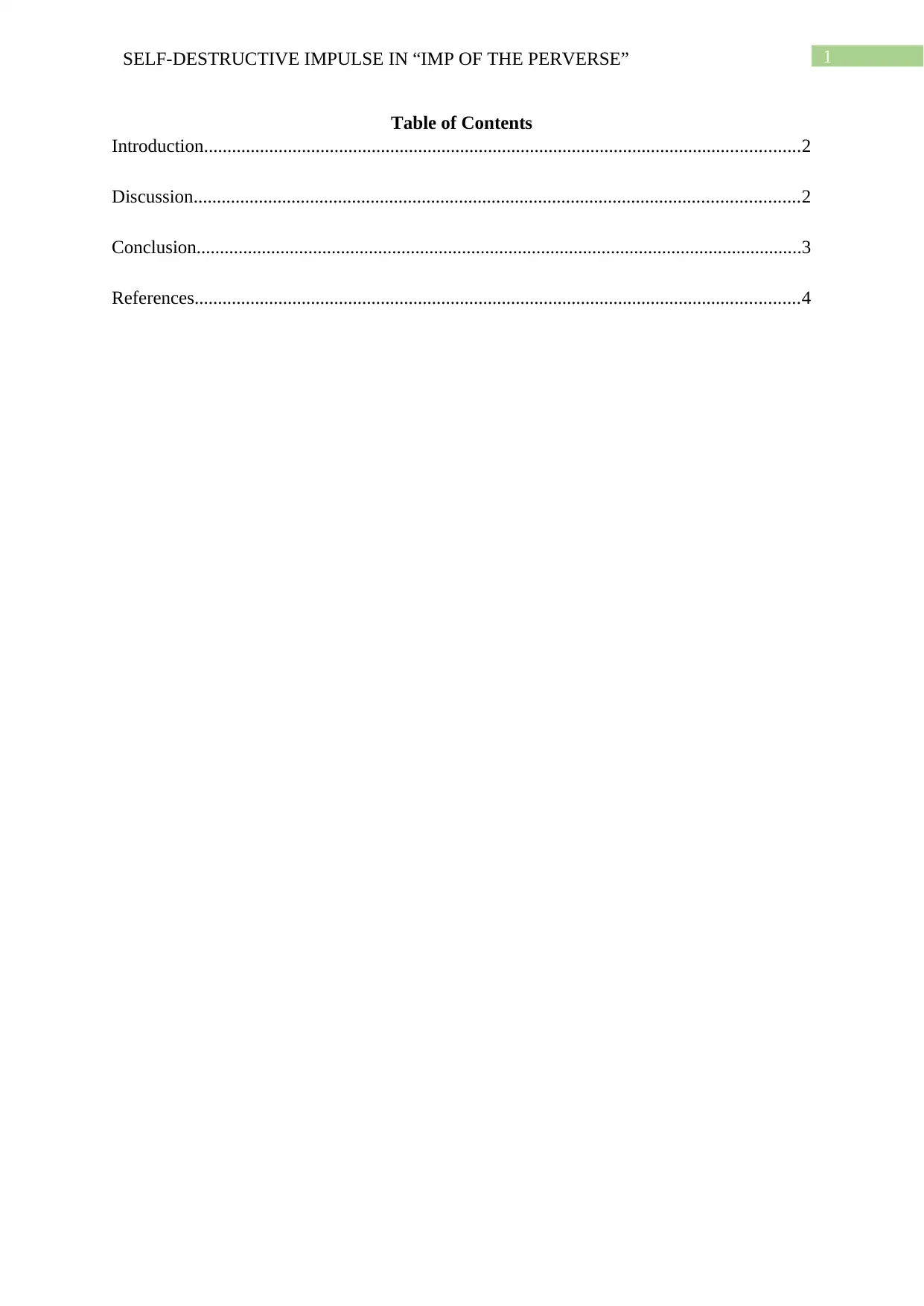
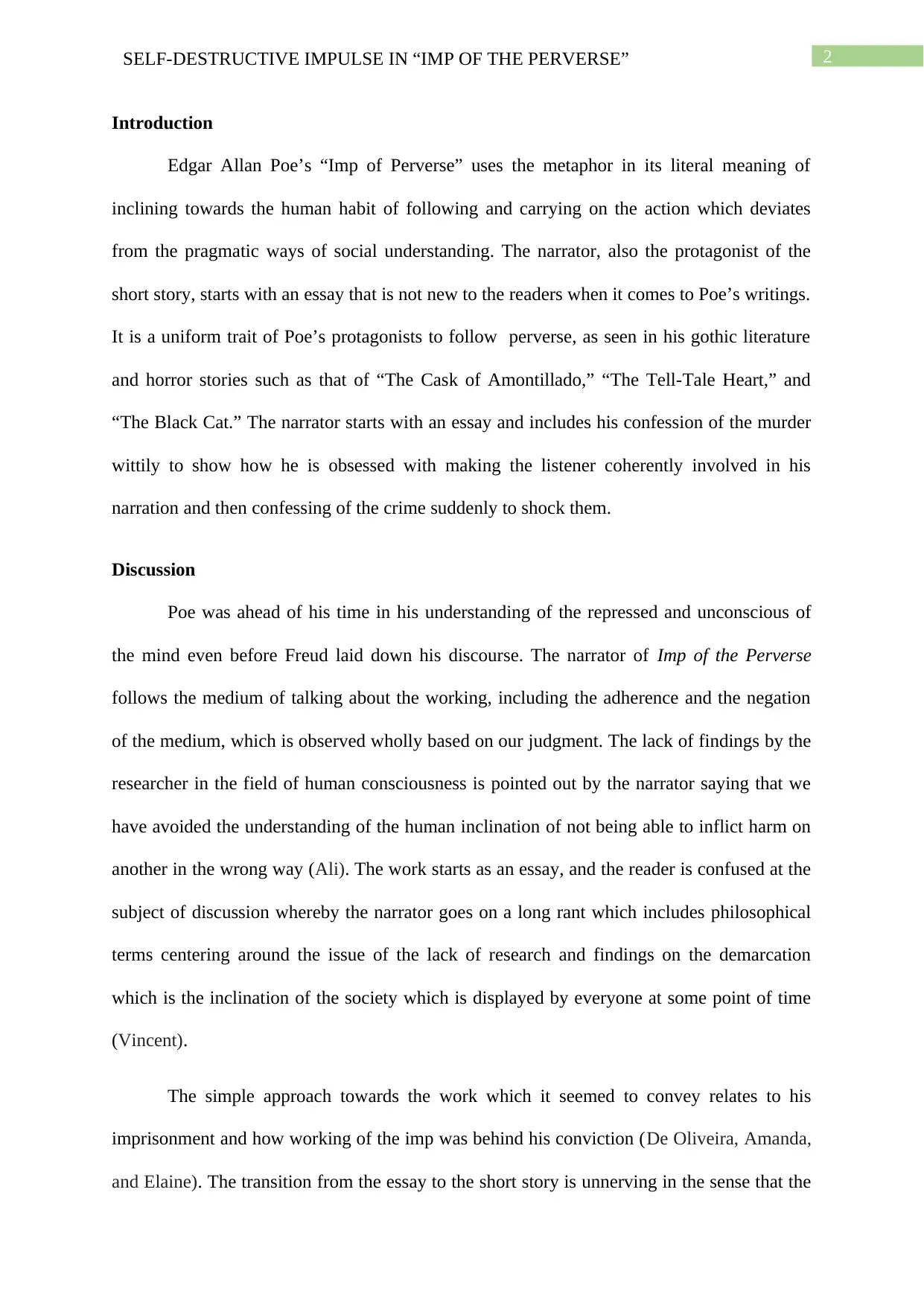

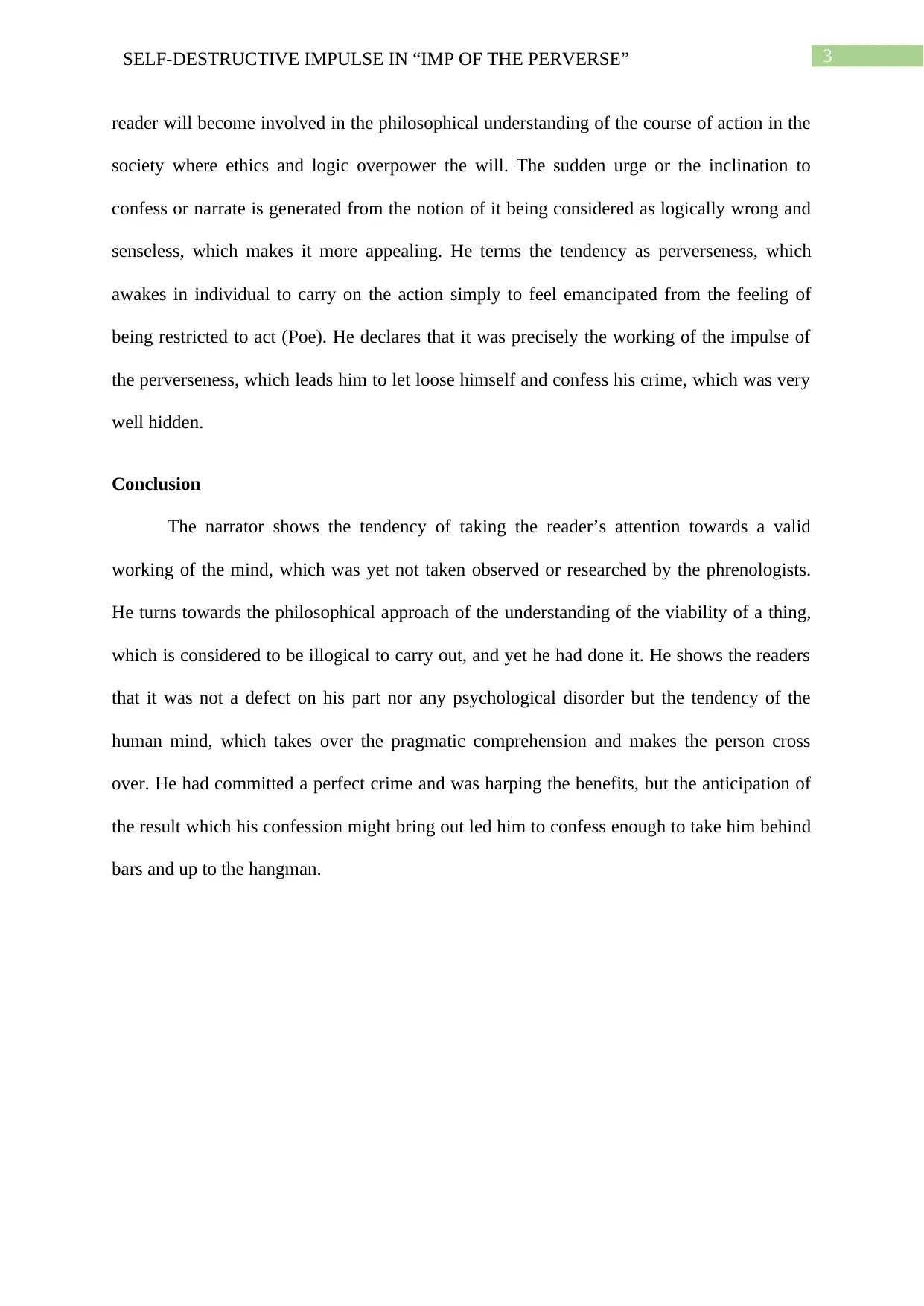
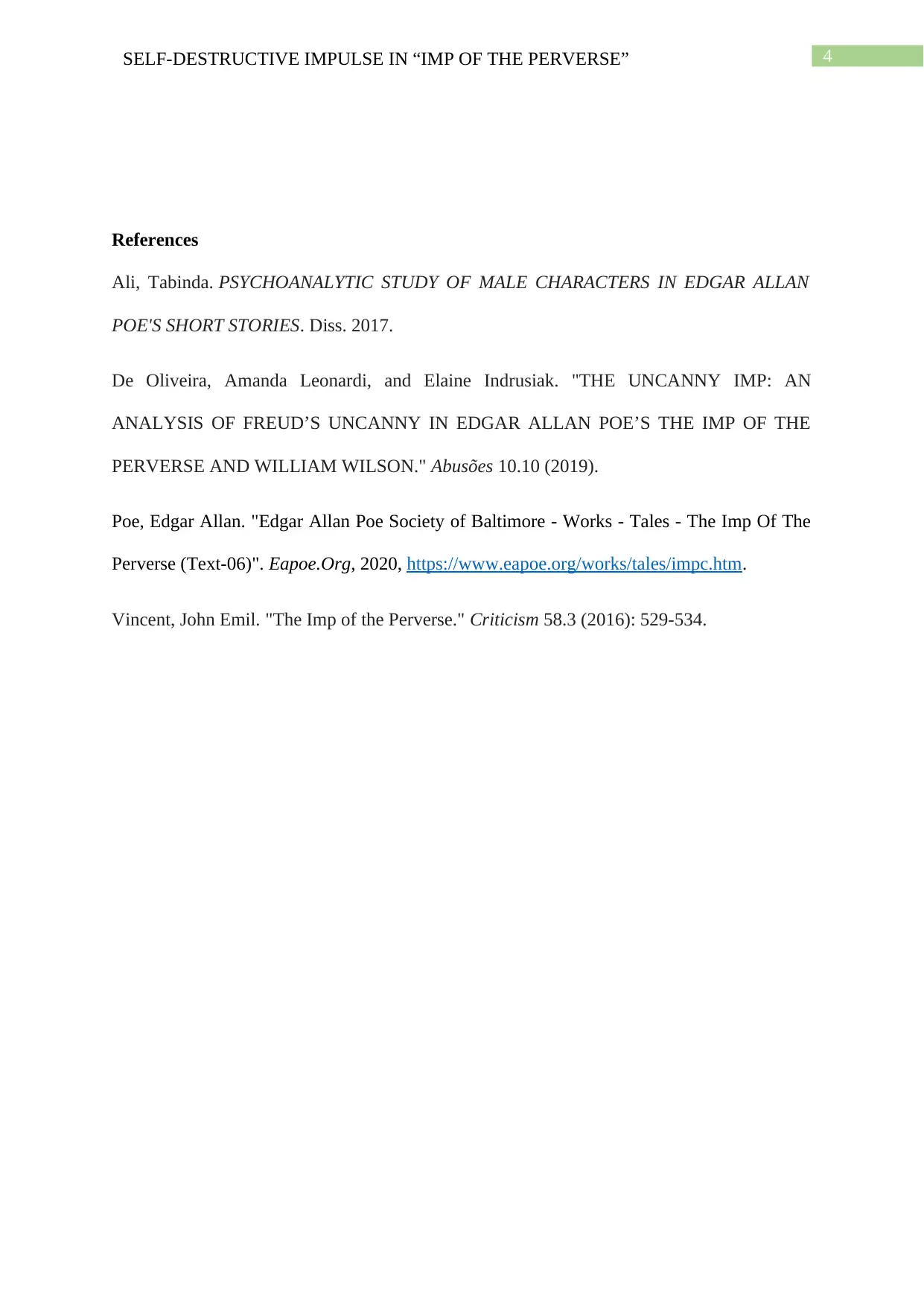





![[object Object]](/_next/static/media/star-bottom.7253800d.svg)